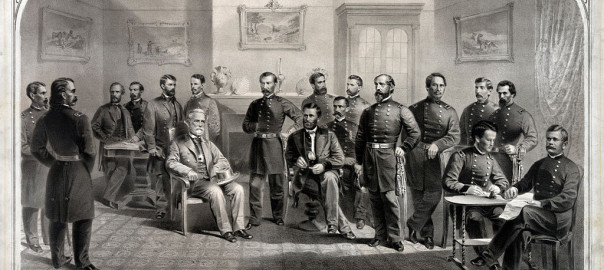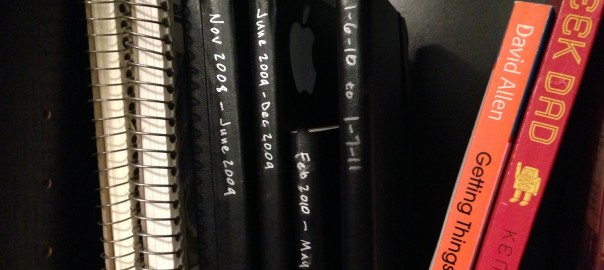A few years ago, I read The Personal Memoirs of Ulysses S. Grant[1]. It has been described as the best book ever written by a US President. While I’ve not read every book by every president, it remains one of the best biographies I’ve ever read. Written as he was dying of cancer, Grant intended the book to provide for his family after his death. [2]
Selective Memory
As I read them, I was struck by how little Grant wrote about his civilian life. Most of the book details Grant’s military career, first as a young West Point graduate in the Mexican-American War, then as a general in the US Civil War. Grant covers the seven years between the end of his first military commission and the start of the Civil War in just a couple of pages. Largely, I’m sure, it was a business decision: Grant and Twain knew that the reading public would be far more interested in Grant’s remarkable military career than in his unremarkable life outside the army or his disastrous presidency.
The contrast, though, between Grant’s descriptions of his Civil War campaigns and his civilian is so great that I wonder if there’s something more going on here. Continue reading What Will You Remember about This Chapter of Your Life?



